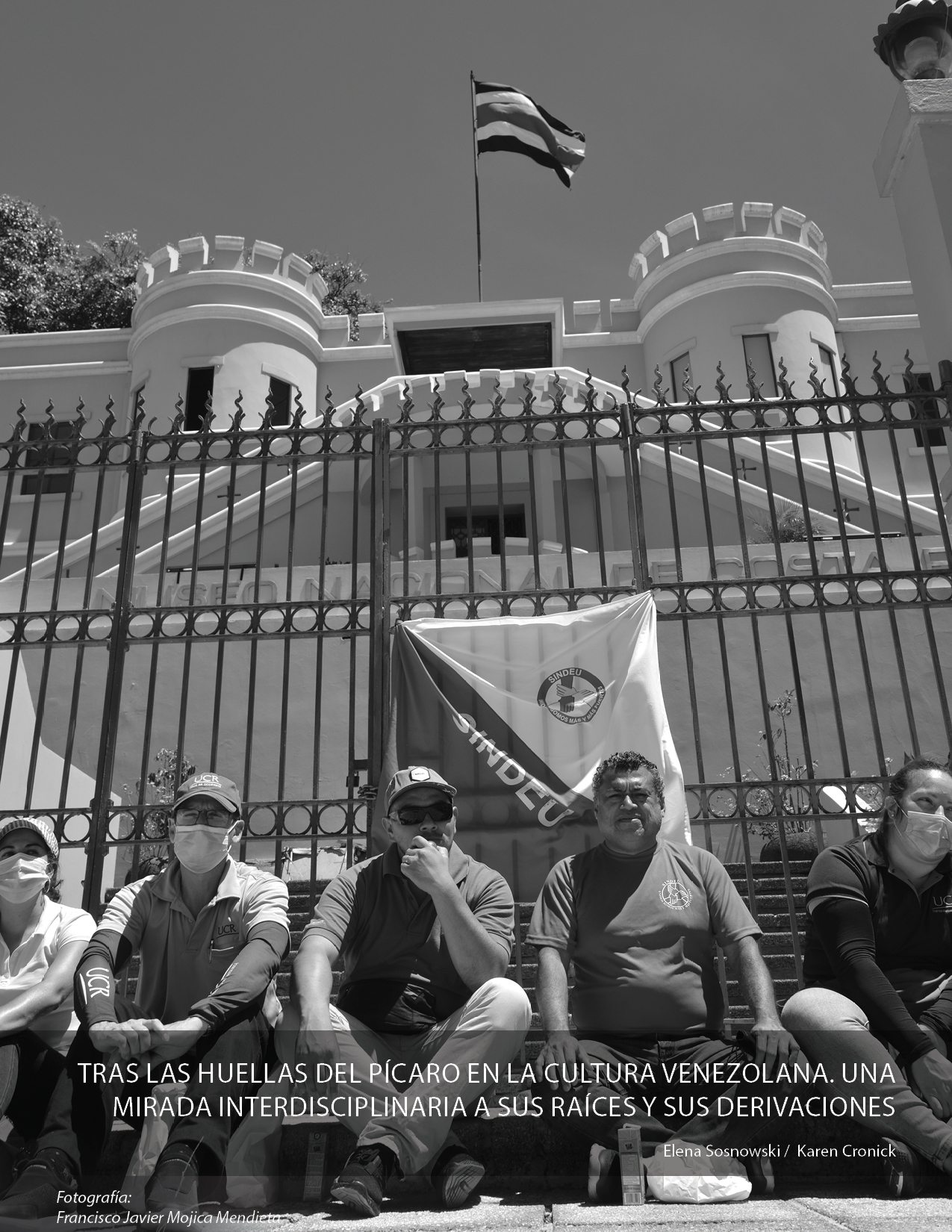In the footsteps of the convivial trickster in culture. Roots and derivations
Main Article Content
Abstract
The work reviews and questions the figure of the "trickster/rogue" in Venezuela, recognized in the literature with some frequency in the Latin American and Caribbean idiosyncrasy. With the help of Ruth Benedict’s concept of "modal personality", an anthropologist from the cultural configurationism school, the authors examine this phenomenon. The purpose of this paper is to describe this "personality" as it has been approached by different authors, specially Axel Capriles, psychologist, and to develop its historical and sociological contextualization. For this, authors from the field of anthropology/ ethnopsychoanalysis (Samuel Hurtado), sociology (Alberto Gruson), psychiatry (José Luis Vethencourt) and psychology (Alejandro Moreno) are reviewed. They have examined aspects of Venezuelan society, which are related to this personality. The method used is an intentional documentary selection that breaks down the subject of the Venezuelan “trickster/rogue” from different disciplinary angles and sheds light on the question about this figure and its functionality in society. We include a critical review of the authors' arguments, such as matricentering, matrisociality and helplessness.
We attempt a critical review of the possible evolution of the meaning of the ”trickster/rogue” throughout history and search for new interpretations of its meaning, due to its symbolic importance in the construction of culture. We hope to promote a new problematization of its possible negative identity traits.
Article Details

This work is licensed under a Creative Commons Attribution-NonCommercial-NoDerivatives 4.0 International License.

This work is licensed under a Creative Commons Attribution-NonCommercial-NoDerivs 3.0 Unported License.

